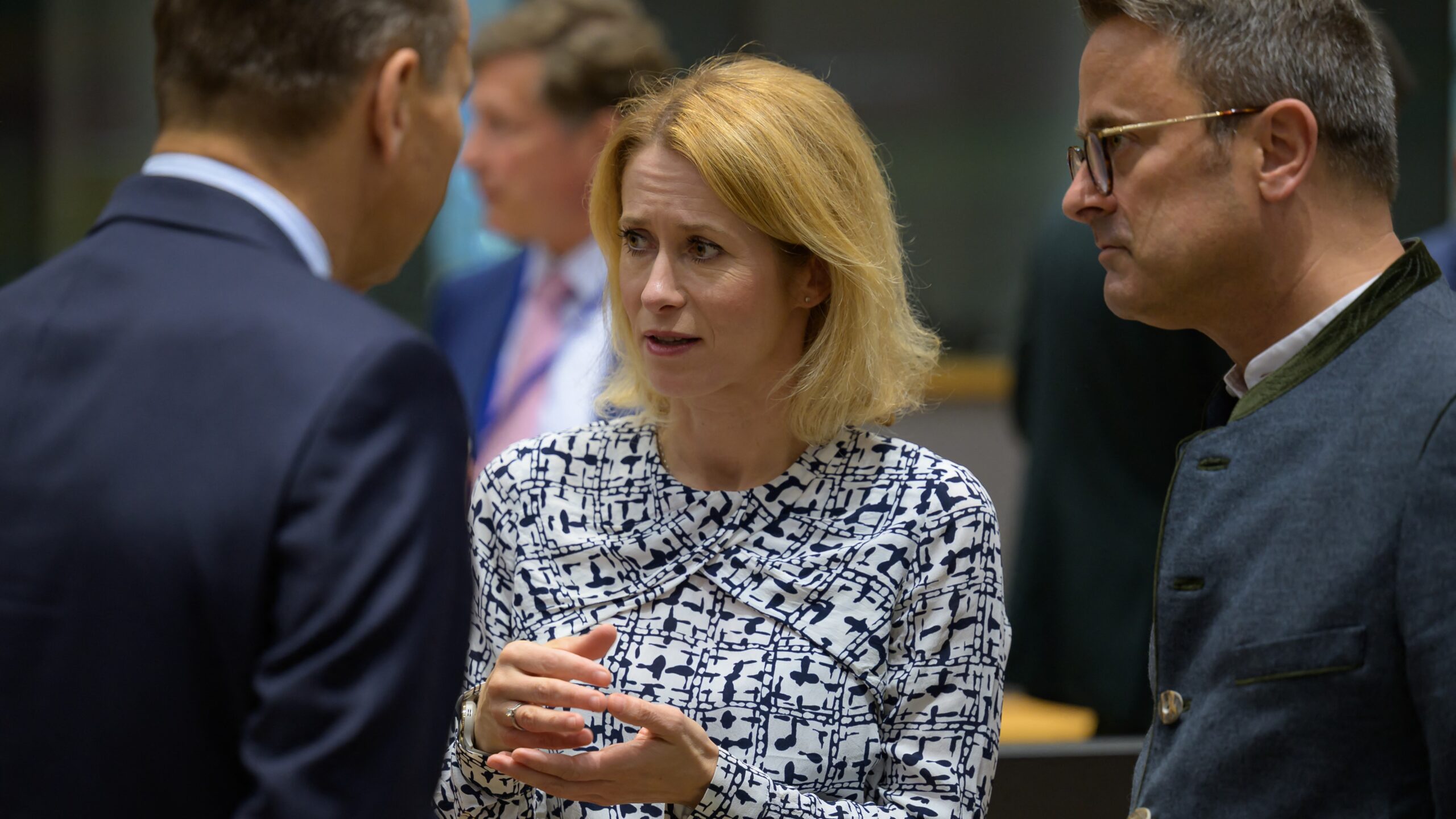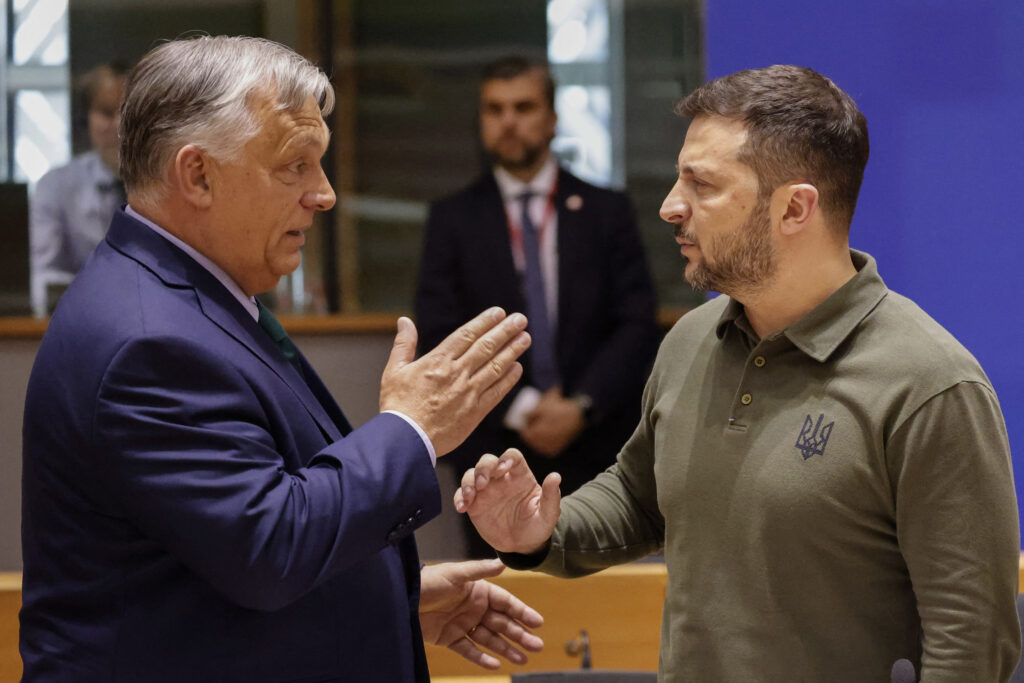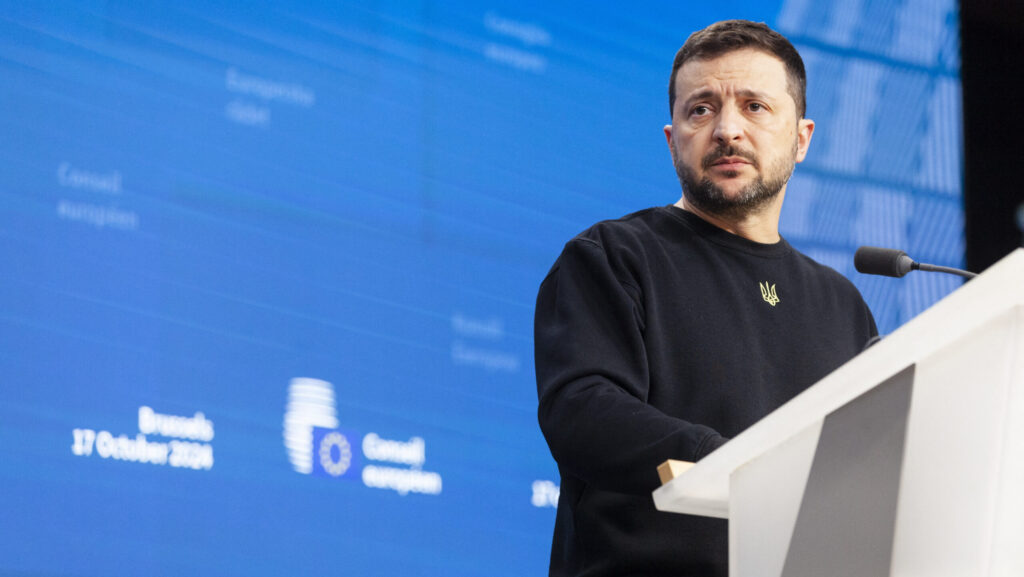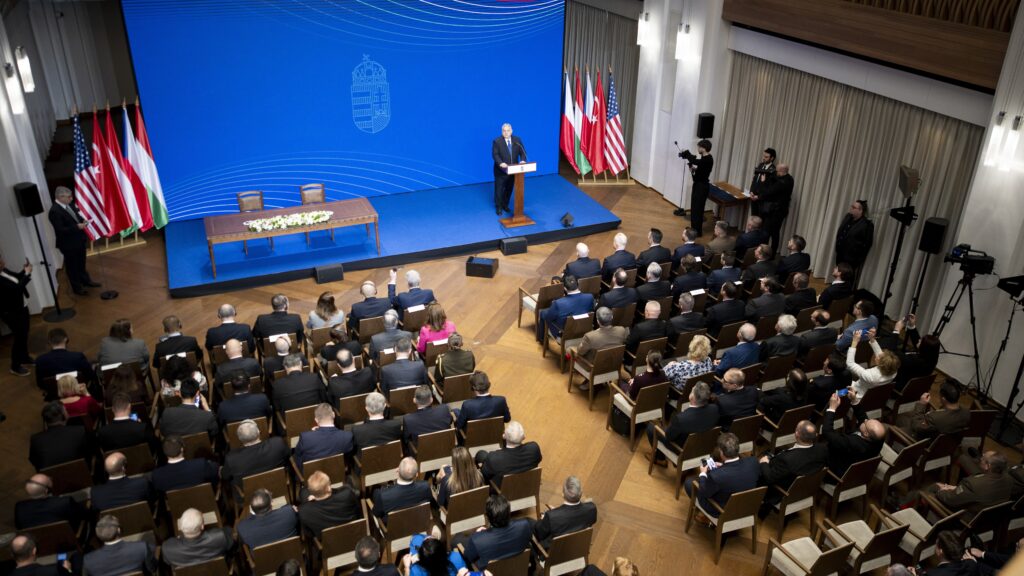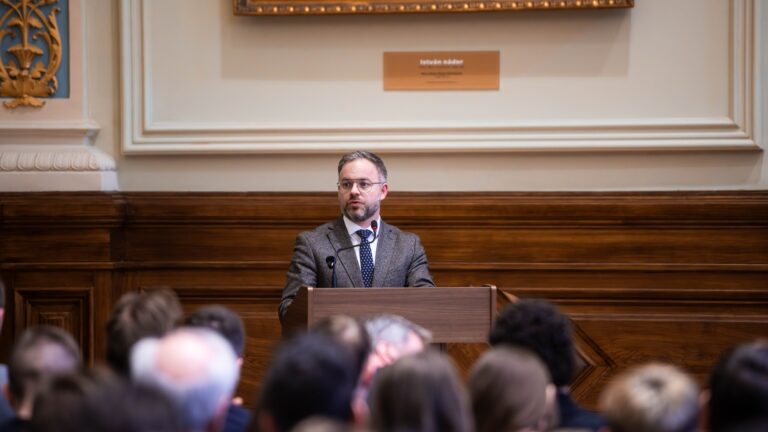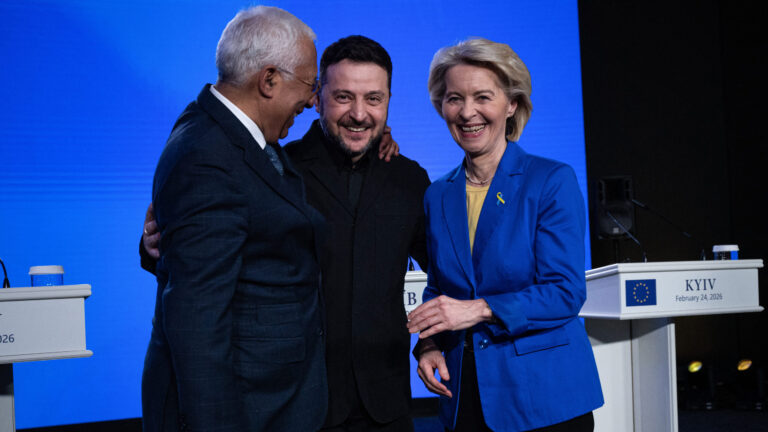European Union leaders on Monday once again dodged decisive action against Israel, choosing to delay sanctions or trade restrictions despite mounting pressure from member states, NGOs, and legal experts over Israel’s conduct in Gaza and the ‘occupied Palestinian territories’ (Judea and Samaria).
Meeting at a Foreign Affairs Council in Brussels, EU foreign ministers opted to ‘closely monitor’ Israel’s compliance with recent humanitarian commitments, rather than triggering any of the ten punitive response options under discussion—including a suspension of the EU–Israel Association Agreement.
Hungary Stood Firm Again
Despite growing support among several EU members for tougher measures, a bloc of countries—led by Hungary and including Germany and the Czech Republic—has repeatedly resisted any punitive action against Israel. Hungary, in particular, has served as Israel’s most vocal ally inside the EU, regularly vetoing joint statements and measures critical of Israeli policy.
Hungarian Foreign Minister Péter Szijjártó has indicated ahead of a meeting of EU foreign ministers that there will be strong pressure in Brussels to agree to sanction Israeli settlers. However, the foreign minister said this would be the wrong decision, because now ‘is the time for dialogue and diplomacy, not sanctions.’
‘Hungary’s interest is to reach a ceasefire and a hostage agreement as soon as possible, which would allow the Hungarian hostage held by Hamas to be released,’ he concluded, referring to Omri Miran, father of two, who was abducted by Hamas terrorists on 7 October 2023 and held captive since then.
Opposition led by Hungary has seemingly led to results as internal division has effectively created a political deadlock, with unanimity rules preventing the EU from taking even modest steps such as restricting settlement products or reviewing military exports.
‘The aim is not to punish Israel, the aim is to improve the situation in Gaza,’ EU foreign policy chief Kaja Kallas told reporters after the summit. ‘The EU will keep a close watch on how Israel implements this common understanding and the pledges.’
But for many, the wait-and-see approach is not good enough.
Member States and NGOs Unite to Punish Israel
Slovenian Foreign Minister Tanja Fajon criticized the Council’s inaction. His French counterpart Jean-Noël Barrot also said France would be ready to take sanctions targeted at ‘individuals and entities that are responsible for the extremist and violent colonisation.’
The EU’s delay comes despite growing calls from within the bloc to reassess ties with Israel. On 19 June nine EU member states—including Ireland, Spain, Poland and Belgium—formally urged the Commission to begin talks on banning products originating from Israeli settlements. In a letter to Kallas, they cited the International Court of Justice's 2024 opinion, which deemed the settlements illegal under international law, and argued that EU trade should not indirectly legitimize or support them.
One day later, a coalition of over 180 NGOs, including Human Rights Watch (HRW) and major trade unions, issued a coordinated demand for the immediate suspension of the EU–Israel Association Agreement. They argued that Israel’s actions—particularly in Gaza—constitute serious violations of Article 2 of the agreement, which ties the trade pact to respect for human rights.
The EU–Israel Association Agreement, in effect since 2000, grants Israel preferential trade access to the European market. Yet Article 2 allows the deal to be suspended if either party violates fundamental human rights.
While some legal experts argue the case for suspension is now clear-cut, Germany, Hungary, and the Czech Republic have consistently blocked consensus on harsher measures. These internal fractures have paralyzed the bloc’s response, reducing it to what critics describe as ‘moral posturing’.
Clashes Could Flare Up Again in the Autumn
EU officials say that Israel’s humanitarian compliance will be reviewed biweekly at the ambassador level. The next Foreign Affairs Council in October is expected to revisit the issue, but few expect major movement unless Israel fails to meet basic humanitarian benchmarks.
Still, pro-sanctions countries—including Spain, Ireland, and Slovenia—along with human rights NGOs are preparing to press for stronger action in the fall, including an arms embargo, visa restrictions, and a ban on settlement products.
On the contrary, the Hungarian Foreign Minister said earlier in a meeting with his Israeli counterpart, Gideon Sa'ar, that Hungary will push for the intensification of the work of the EU–Israel Association Council, in the spirit of the importance of dialogue. At the same time, Hungary will continue to oppose the EU’s placing of Israeli individuals on the sanctions list.
Related articles:

